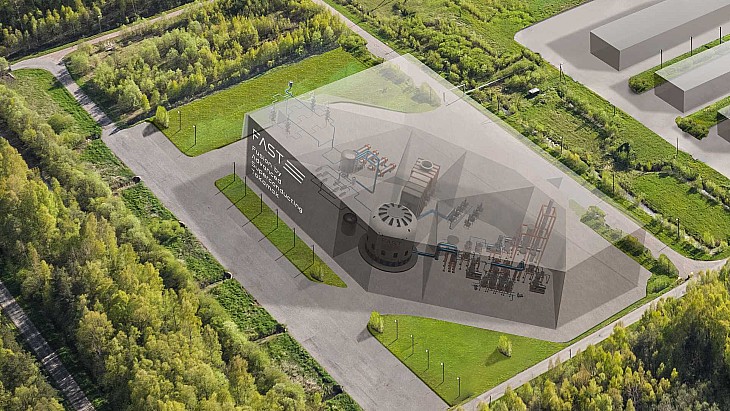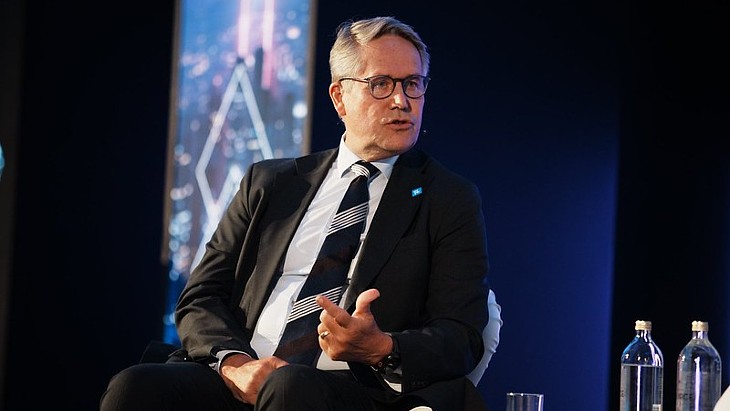Integrated Nuclear Infrastructure Review (INIR) missions enable representatives from IAEA member states to have in-depth discussions with international experts about conditions and best international practices in the development of a nuclear power programme. The mission, which took place in July 2018 at the invitation of the government of Saudi Arabia, reviewed the status of the country's nuclear power infrastructure development using the Phase 2 criteria of the IAEA's Milestones Approach. The implementation of any recommendations by the INIR team is at the discretion of the state requesting the mission. The IAEA usually publishes the mission report on its website 90 days after its delivery to the member state.
Chudakov, who is also head of the IAEA's Department of Nuclear Energy, said Saudi Arabia had made significant progress in the development of its nuclear power infrastructure.
"It has established a legislative framework and carried out comprehensive studies to support the next steps of the programme," he said. He also noted that Saudi Arabia has developed strategic partnerships with countries experienced in the use of nuclear power and is extensively using their technical support.
The INIR team made several recommendations and suggestions for further actions, including several related to the planning for the next phase of the Milestones Approach. The team of experts also identified good practices, including one related to the modelling of the competence and staff requirements for the regulatory body and the owner/operator.
Saudi Arabia has already developed a national action plan to address the recommendations and suggestions, and held a first meeting with the IAEA earlier this month to identify its support for activities to implement the plan. Chudakov said this was indicative of Saudi Arabia's commitment to make progress.
The IAEA's Milestones Approach is a phased comprehensive method to assist countries that are considering or planning their first nuclear power plant to follow a sound development process for a nuclear power programme. The completion of each of the three phases is marked by a specific milestone at which the progress of the development effort can be assessed and a decision can be made to move on to the next phase.
At the end of the first phase, a country is ready to make a knowledgeable commitment to a nuclear power programme; the second milestone marks readiness to invite bids or negotiate a contract for the first nuclear power plant; and the third milestone is reached when a country is ready to commission and operate its first nuclear power plant.
Saudi Arabia plans to construct two large nuclear power reactors, with plans for small reactors for desalination. The King Abdullah City for Atomic and Renewable Energy (KA-CARE) in 2017 announced it was soliciting proposals for 2.9 GWe nuclear capacity, and in November last year awarded a contract to Worley Parsons to provide consultancy services for the Saudi National Atomic Energy Project. This covers project governance, resource management, project services, training and compliance across the full scope of large plants, small modular reactors and the nuclear fuel cycle.
KA-CARE has contracted French engineering group Assystem to conduct site characterisation and impact studies for the country's first nuclear power plant. South Korean companies Kepco Engineering & Construction and Korea Hydro & Nuclear Power in December signed a memorandum of understanding to jointly develop a project to construct a plant based on their SMART (System-integrated Modular Advanced Reactor) in Saudi Arabia.

.jpg)



_82983.jpg)
_34792.jpg)
_16403_79272.jpg)


_76087_55556.jpg)



